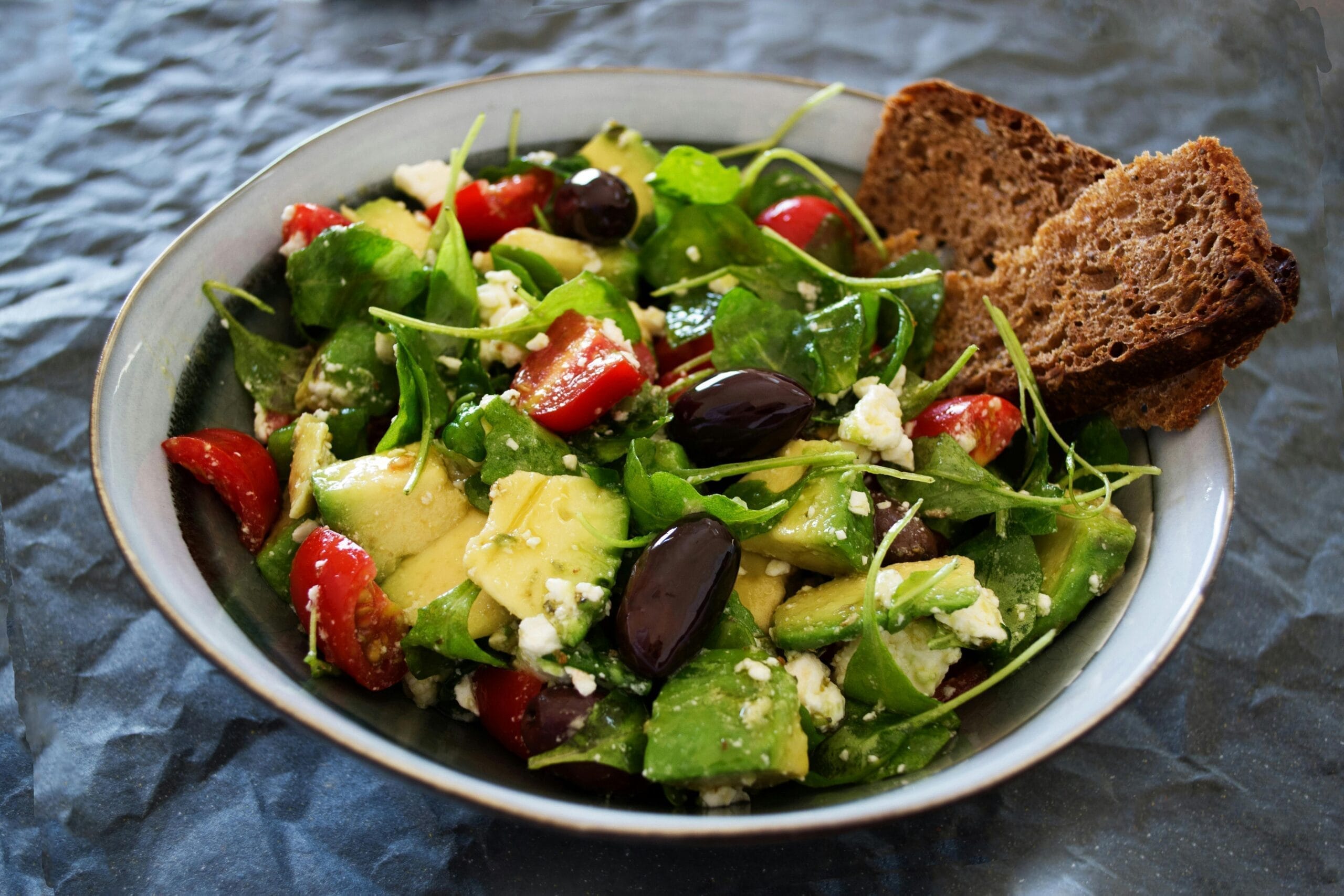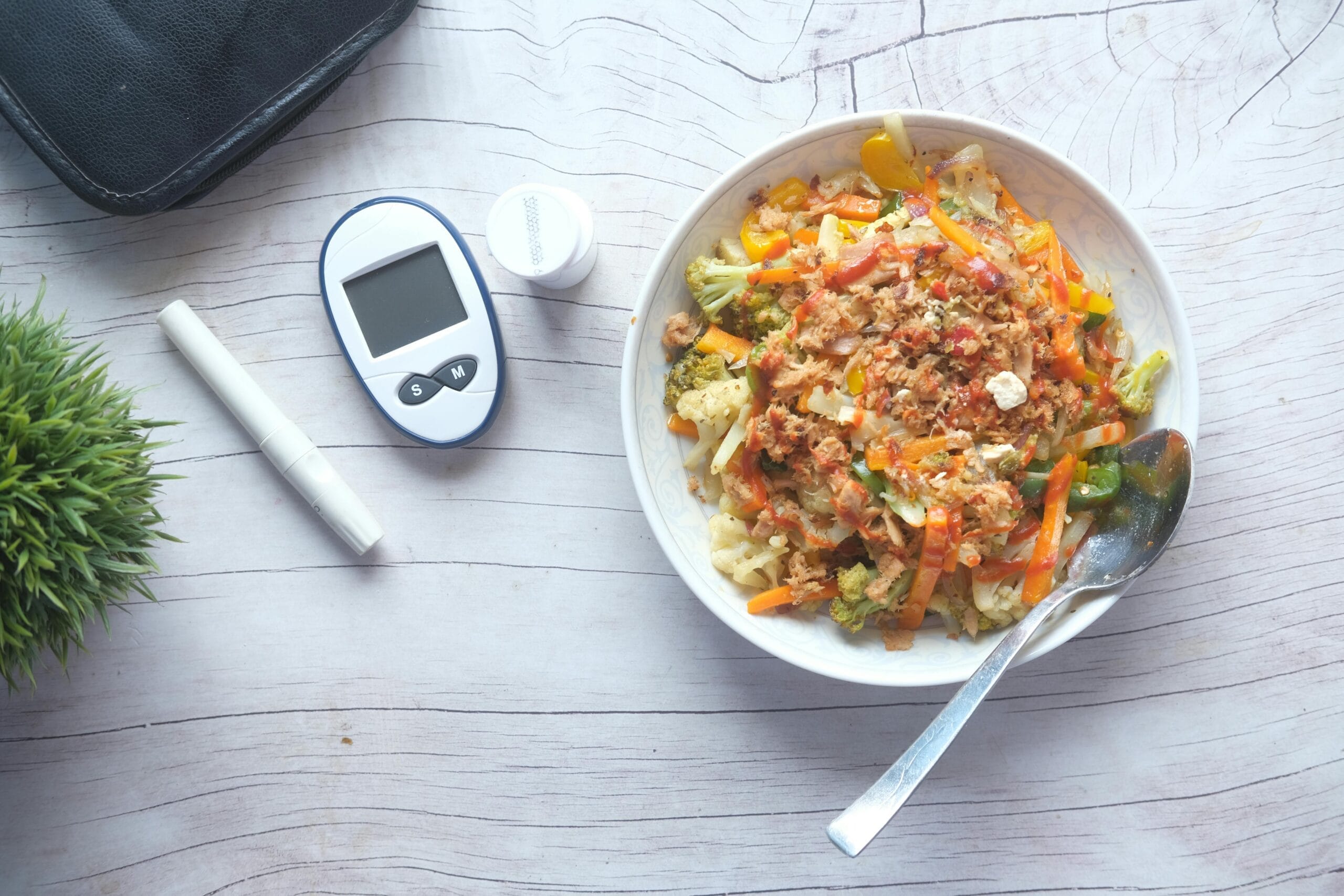Understanding Immunity and Its Importance
Immunity is the body’s ability to defend against infections and diseases caused by harmful pathogens like bacteria and viruses. The immune system protects the body by identifying and eliminating harmful invaders, ensuring overall health and well-being. There are two primary types of immunity: innate immunity and adaptive immunity. Innate immunity defends against pathogens with physical barriers like skin and mucous membranes, and quick-acting immune cells. Adaptive immunity develops over time, activating specialized immune cells and antibodies to target specific pathogens.
Maintaining a robust immune system is particularly significant for health-conscious individuals and families. A strong immune system can minimize the risk of infections and significantly reduce the severity of illnesses when they occur. Factors influencing immune health include genetics, age, and lifestyle choices, such as stress management, exercise, and, importantly, nutrition. Foods that improve the immune system are an essential part of an immunity-boosting diet plan.
Research consistently emphasizes the role of nutrients in supporting immune function. Vitamins like C and D and minerals such as zinc actively strengthen the immune response. Including immune-boosting foods like fruits, vegetables, nuts, and seeds enhances the body’s defense against diseases. Healthy foods for strong immunity not only provide essential nutrients but also promote overall well-being. Environmental factors like pollutants and toxins can weaken immune function, making healthy living conditions essential for immunity.
By understanding how the immune system operates and the factors contributing to its health, individuals can seek out the best foods to boost immunity and adopt strategies for boosting immunity with natural foods. Recognizing these elements paves the way for a proactive approach to enhancing the body’s defenses against illness.
Nutrient-Rich Foods to Combat Illness

Maintaining a robust immune system is pivotal in combating illness, and incorporating nutrient-rich foods into one’s diet is an effective strategy. Among the best foods to boost immunity, citrus fruits stand out due to their high vitamin C content. Oranges, lemons, limes, and grapefruits pack antioxidants that enhance immune function by boosting white blood cell production, a key defense mechanism.
Garlic stimulates the immune system by containing allicin, a compound that fights various infections and enhances immune defense. Including garlic in your cooking not only adds flavor but also provides natural immune-boosting benefits, making it one of the top immunity-boosting foods. Furthermore, ginger, known for its anti-inflammatory properties, can also play a significant role in boosting immunity. It is rich in antioxidants and can be easily added to various dishes or consumed as ginger tea for a comforting infusion.
Leafy greens, such as spinach, kale, and Swiss chard, are rich in essential nutrients, including vitamins A, C, and K, as well as fiber. These nutrients support the immune system and contribute to overall health. Incorporating a variety of these greens into salads, smoothies, or as side dishes not only enhances nutrient intake but also contributes to a well-rounded immunity-boosting diet plan.
In addition, foods rich in zinc, such as nuts, seeds, and legumes, are vital for immune function as well. These foods provide essential minerals that support and strengthen the immune system. Thus, combining these natural immune-boosting foods into daily meals can significantly enhance one’s ability to fight off illnesses, especially during winter months when immune system support is critical.
Herbs and Spices: Nature’s Immune Boosters
Incorporating herbs and spices into your diet can serve as an effective strategy for enhancing your immune system. These natural immune-boosting foods not only add flavor to dishes but also come packed with nutrients that support immune function. One of the most notable herbs is turmeric, which contains curcumin, a compound known for its anti-inflammatory and antioxidant properties. Studies suggest that curcumin may help improve the immune response, making turmeric one of the top immunity-boosting foods.
Echinacea is another popular herb widely recognized for its potential benefits to the immune system. Traditionally used in herbal medicine to prevent colds and infections, echinacea helps stimulate the production of white blood cells, which are crucial for combating pathogens. Using echinacea in teas or supplements can enhance your immunity, particularly during colder months when immunity-boosting foods for winter are in high demand.

Another noteworthy spice is elderberry, known for its ability to fight off respiratory infections. Rich in antioxidants, elderberry can reduce the duration and severity of cold and flu symptoms. Whether enjoyed in syrup, capsules, or tea, elderberry is a valuable addition to an immunity-boosting diet plan. Furthermore, these herbs often demonstrate enhanced effectiveness when combined with other natural ways to boost immunity, such as citrus fruits high in vitamin C or garlic, which possess antibacterial properties.
Incorporating these herbs and spices into cooking not only elevates the nutritional value of meals but also provides an enjoyable way to consume healthy foods for strong immunity. For instance, adding turmeric to curries, using echinacea in herbal brews, or incorporating elderberry in smoothies can be delightful and beneficial ways to strengthen the immune system. By embracing these superfoods for immune system health, one can support lifelong wellness effectively.
Creating an Immunity-Boosting Meal Plan
Designing an effective meal plan to enhance immunity involves a strategic approach that incorporates a variety of natural immune-boosting foods. The goal is to create a balanced diet that features the top immunity-boosting foods while also being enjoyable and family-friendly. A weekly meal plan can help streamline grocery shopping and meal preparation, ensuring you have ready access to healthy foods for strong immunity.
Create a weekly menu with a balance of fruits, vegetables, lean proteins, whole grains, and healthy fats for optimal nutrition. For example, consider breakfast options such as oatmeal topped with berries, which are loaded with antioxidants, or a smoothie made with spinach, banana, and yogurt—a great source of probiotics that support gut health and, in turn, the immune system.
Quinoa salad with bell peppers and broccoli provides a rich source of vitamins to support immune health. Pair this with a side of citrus fruit like oranges, packed with vitamin C, to further fortify your defenses. Grilled chicken or fish with steamed greens and sweet potatoes boosts immune health with essential vitamin A.
Incorporating seasonal produce can enhance the freshness and nutritional value of your meals. For example, during the winter months, root vegetables like carrots and Brussels sprouts can be roasted for a comforting dish. When meal prepping, consider batch-cooking soups loaded with healthy ingredients; these are not only nourishing but also easy to store and reheat.
Ultimately, being mindful of your lifestyle choices, including hydration and physical activity, complements your immunity-boosting diet plan. Focusing on nutrient-rich foods and mindful preparation can promote overall wellness and support immune health.






